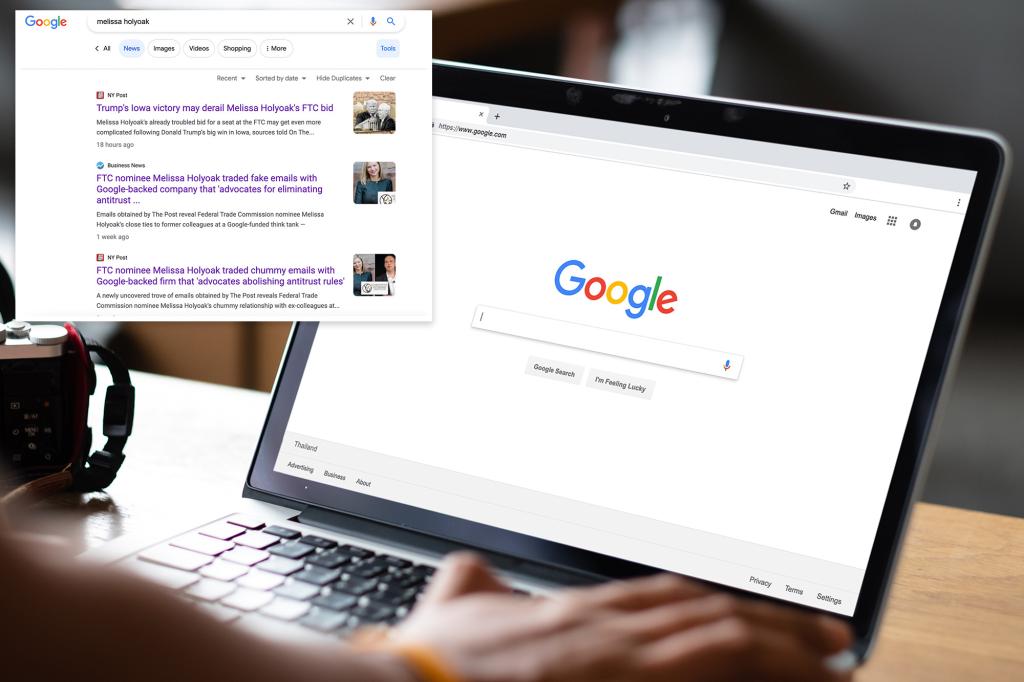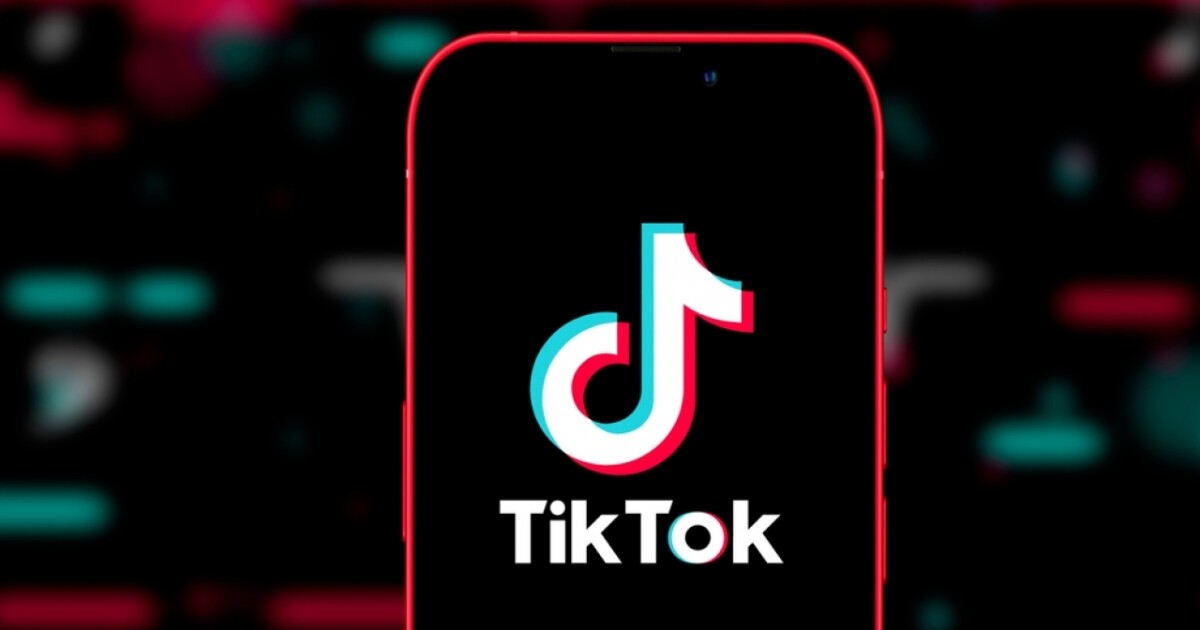Google News searches reveal instances of AI-generated articles that shamelessly plagiarize content from legitimate news sources. The Washington Post has uncovered at least one such instance where its own published work was replicated without authorization.
In a recent experiment, The Post examined Google News by searching for recent articles concerning Melissa Holyoak, the Federal Trade Commission nominee, and sorting the results by the most recent publication date. Surprisingly, The Post’s original article about Holyoak from January 8 appeared lower in the search results compared to a strikingly similar copycat version published by an entity named “Business News” on the peculiar domain “biz.crast.net.” This dubious outlet seems to churn out a multitude of AI-generated articles.
The counterfeit article not only replicated the same content but also mimicked the artwork and even made references to “The Post” within its duplicated text. The article was attributed to “Shawn Johnson,” whose name surfaced in over 17,800 search results, having published numerous articles on Friday alone.
By the latter part of Friday, a Google spokesperson acknowledged that the article violated their policies and would be taken down. While Google clarified that AI-generated content is not prohibited, they stated that content could be removed if it is deemed as “spam” aimed at boosting rankings in News results.
Independent outlet 404 Media highlighted this issue after obtaining screenshots showing AI-generated replicas, including copies of a “Star Wars” article from Distractify and a piece from Heavy.com about an “execution-style murder,” appearing alongside authentic articles in Google News searches.
The proliferation of AI-generated articles poses a significant challenge for the media industry, as noted by Danielle Coffey, CEO of the News/Media Alliance. She expressed concerns about the system not adequately rewarding high-quality human-created content, potentially jeopardizing the financial sustainability of newsrooms.
Experts have raised alarms about the impact of AI on journalism, with discussions on regulating AI chatbots, as mentioned by Conde Nast CEO Roger Lynch during a Senate panel. The presence of AI-generated news content alongside genuine articles on a platform dominated by Google is worrisome, according to Jason Kint, CEO of Digital Content Next.
Media outlets have been vocal about the misuse of AI-powered chatbots, with concerns over copyright infringement and fair compensation. The New York Times recently filed a lawsuit to protect its business model, while negotiations are ongoing to secure payment for content through licensing agreements.
404 Media’s investigation highlighted instances where seemingly AI-powered sites were promoted by Google News, displaying identical or nearly identical content to articles from legitimate sources. The report emphasized the challenges Google faces in moderating its News service in the era of easily accessible AI-generated content.
In response, Google search liaison Danny Sullivan questioned the methodology of the report, emphasizing the importance of relevance ranking in search results. Google defended its position, stating that it takes content quality seriously and has strict policies against content created solely for ranking purposes.
404 Media stood by its report, emphasizing that the AI-generated content surfaced prominently in Google News even without specific time limitations in search queries. The debate underscores the ongoing challenges of maintaining integrity and originality in online content amidst the rise of AI technologies.






